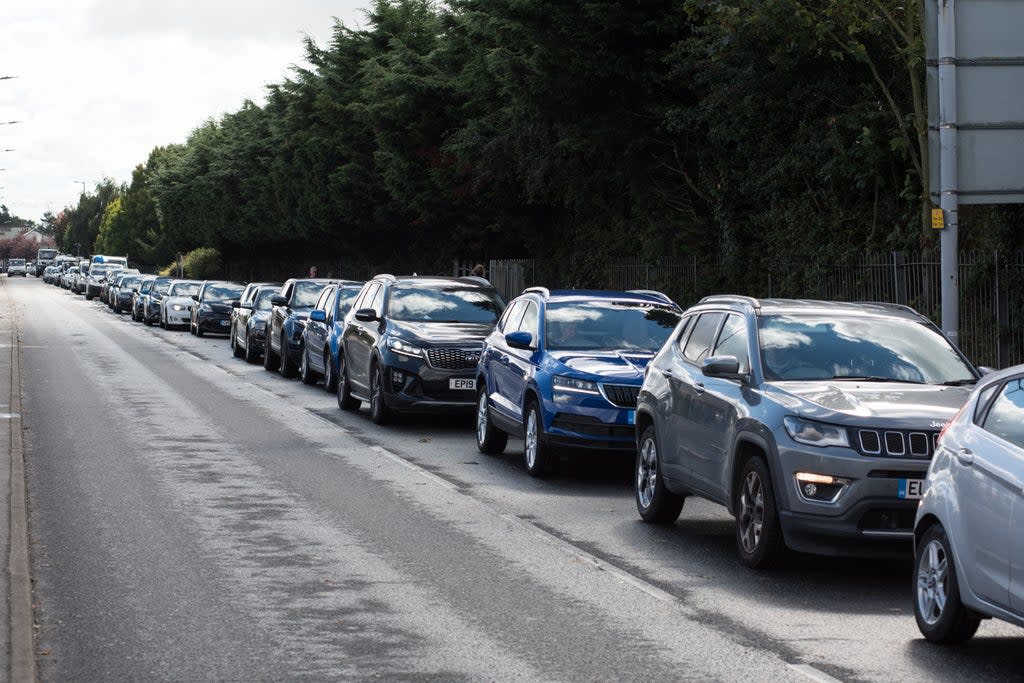Coventry trialling £3,000 grants for drivers to give up their cars

The government has launched an experiment to encourage people to ditch their cars in exchange for a £3,000 grant to be used on public transport.
A pilot for the taxpayer-funded scheme is currently taking place in Coventry, where candidates have the grant loaded onto a card that can be used to pay for transport services.
Similar trials to deter car use are being introduced across the country, including the launch of an £8 charge for the polluting vehicles entering Birmingham city centre in June.
Clean air zones are also expected to be installed in around half a dozen cities.
Juliette and Adair Richards, a couple who have been enrolled in the Coventry scheme for the past five months after giving up one of their cars, told The Sunday Times: “It puts it into perspective. Why buy a second car? It’s just not worth it.
“If we continue living the lifestyle we’re living now, which is both of us working at least 50 per cent of the time from home, and assuming our child or children go into a local school that we can walk to, I can’t see us going back to two, at least in the short to medium term.”
London’s half-a-million motorists will from Monday 25 October face a daily charge of £12.50 for driving older, polluting vehicles within the North and South Circular.
The charges will broadly affect any pre-September 2015 diesel or pre-2006 petrol car. It is estimated around 337,000 registered owners of such vehicles are currently living in the city.
According to the most recent data, transport produced a total of 27 per cent of the UK’s total emissions.
Steve Gooding, director of the RAC Foundation, told the paper: “If you own a car, it beckons you to use it. Car ownership is not the problem; car use is the problem.”
Experts, however, remain hopeful that car usage can be significantly reduced.
“Per capita car usage, in terms of average miles driven, by men under 30 fell by almost half between 1996 and 2015, and the number of teenagers holding a driving licence fell by almost 40 per cent over the same period,” said Matthew Niblett, director of the Independent Transport Commission.
“We could be looking at a generational shift that would mean our long-standing love affair with car ownership is waning.”
More and more people are opting to switch over to electric vehicles, saving drivers £592 a year in excise and VAT on average.
Numbers still remain low, however. Out of approximately 39.4 million licensed vehicles in the UK at the end of 2018, around 0.2 million (0.5 per cent) were ultra-low emission vehicles.
Read More
What a Xi Cop26 no-show would reveal about China’s climate goals
Is Coldplay’s commitment to sustainable touring more than just greenwashing?
Global energy shortage leads to spike in oil demand
Cathedral City Cheddar and Cadbury chocolate ‘linked to Amazon deforestation’
Rail workers to go on strike in Scotland during Cop26
Lytton fire investigators eye criminal probe and rule out train spark as cause

 Yahoo News
Yahoo News 
